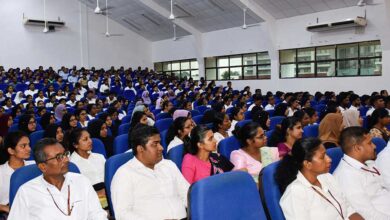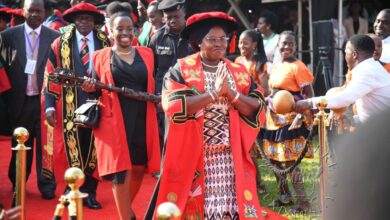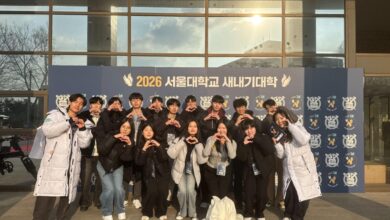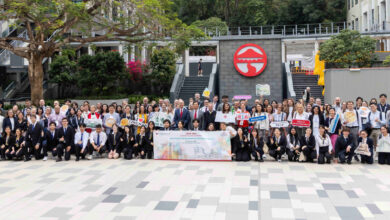Visit by Coordinating Minister for Food to IPB University: Prioritizing Seed Investment for National Food Security
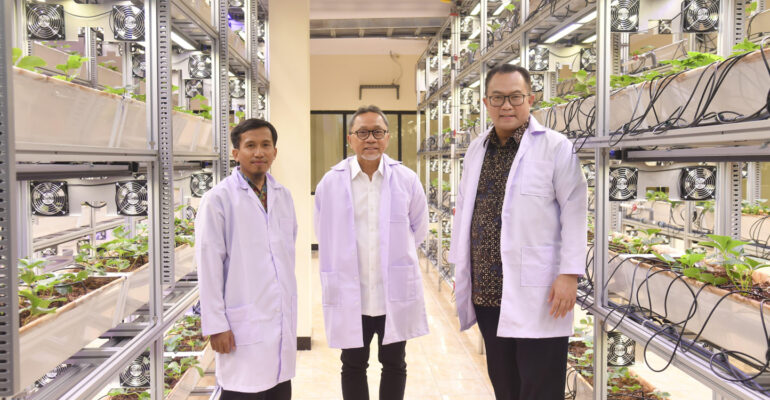
On October 28, 2024, Indonesia’s Coordinating Minister for Food, Zulkifli Hasan, visited IPB University in Bogor as part of his inaugural working visit. The minister was welcomed in the Rector’s Meeting Room at the IPB Dramaga Campus.
Examination of Facilities
During his visit, Minister Hasan examined several facilities, including the Smart Greenhouse in Leuwi Kopo and the Agribusiness and Technology Park (ATP) located in Cikarawang, Dramaga, Bogor.
Address at the Agribusiness and Technology Park
In his address at the ATP, Minister Hasan emphasized the importance of collaboration to achieve food self-sufficiency in the country. He selected IPB University for his first working visit due to the institution’s advanced technology and high-quality seeds. The minister indicated that support from researchers and experts is vital to realizing food security goals.
Challenges to Overcome
Minister Hasan noted several challenges that must be overcome, including low agricultural productivity, inadequate technological advancements, and a lack of collaboration among relevant agencies. He specified that meeting food self-sufficiency targets within three years would require cooperative efforts with research institutions.
Enhancing Local Food Production
The minister also spoke about the importance of enhancing local food production and reducing reliance on imports through improved productivity across various sectors.
Response from IPB University
In response to these issues, IPB University’s Rector, Prof. Arif Satria, emphasized the need to prioritize investment in seed multiplication at the national level. He stated that superior seed varieties alone would not suffice without corresponding investments in seed production to increase overall agricultural output.
The Importance of Mentoring Farmers
Prof. Arif highlighted the necessity of mentoring farmers, suggesting that thorough knowledge of cultivation techniques for each crop variety is essential. He confirmed IPB University’s commitment to assisting farmers in enhancing their productivity.
Optimism for the Future
The rector expressed optimism that the food self-sufficiency target would be achievable within four to five years, provided that farmers obtain adequate support from universities and that efforts to reduce food loss and waste are prioritized. He concluded by reaffirming IPB University’s dedication to fostering innovation and collaboration throughout the agricultural sector, supporting government initiatives aimed at achieving food self-sufficiency through applied research and technology.
Source: IPB University News

